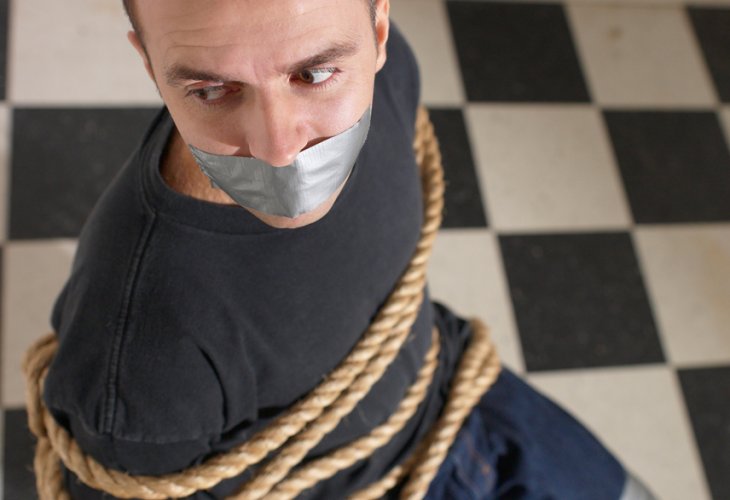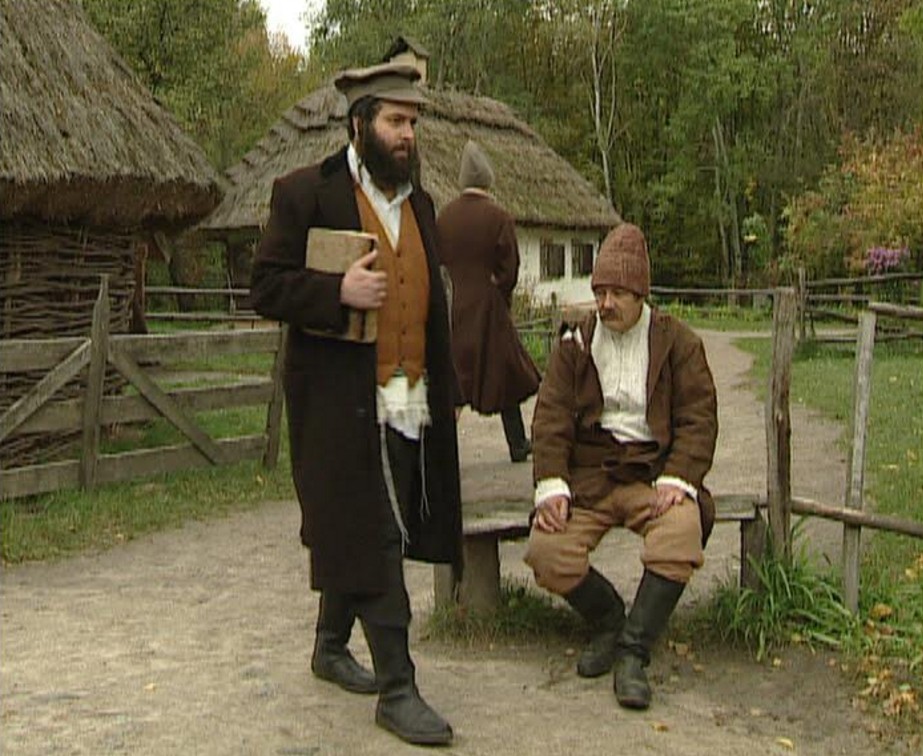Yehuda Groveis: "I Heard from a Family That Started Keeping Shabbat Because of My Film"
Seventeen years after starting the ultra-Orthodox film revolution, Yehuda Groveis shares insights on his beginnings, the enthusiastic responses to 'Groveis' films, and why he stopped independently producing movies.

Seventeen years ago, when Yehuda Groveis encountered an Israeli movie about Nachum Ish Gamzu, he had no background in cinema. Yet, the film brought him to a surprising revelation: Even a Chazal story can be filmed in ways not suitable for a Haredi household. "A small example: the actors playing Roman soldiers wore tank tops and short skirts. That's simply not acceptable in a Haredi home. But while watching the film, I suddenly thought how wonderful it would be if someone produced such a film adapted for the Haredi community."
Many people occasionally wonder how great a particular project could be, but for Groveis, thinking quickly turned into action. "I asked a friend to see the raw footage of that movie, and after a few hours of watching, understanding the difference between different types of filming, I decided I knew everything and started shooting a movie...today I know how ridiculous that was."
 Yehuda Groveis
Yehuda Groveis
Groveis gathered a few friends to act in the film and hit the road with a camera. He was the director, the screenplay writer, and the cameraman. "On the first day, out of utter misunderstanding, I told the actors to look straight into the camera while speaking, like news anchors. Only when I watched those shots that evening did I realize how ridiculous it was, and I changed the instruction. But even those failed shots of the first day made it into the final film..."
Groveis' first film was released in 1999, and it told the story of Rabbi Chanina ben Dosa. "The success was unimaginable. We released the film on Chanukah, under an agreement with the Glatt Market network at that time that anyone who purchased over a certain amount would receive the film. The demand was so great that on the first day, the entire first edition of the film was gone. We weren't prepared for such a thing at all, and only at the end of Chanukah did the second batch of disks arrive."
Groveis and his brother, who were partners in film production for two years under the name 'Groveis Brothers,' immediately realized they had hit on a winning formula. At a time when the Haredi cultural world was much poorer than today, Groveis' films were the official refreshment of the year. "We realized there was a real demand here, and we started releasing one film a month. The Haredi sector flocked to buy them. For the first time in history, films suitable for the Haredi sector and its special requirements were put on sale."

The films produced by the two continued to improve. ("The first two films we released can't be found today – I'm pretty embarrassed by them and won't allow them to be sold anymore.") Groveis says he was essentially self-taught in the field: "I learned a lot from experience, but at some point, I hired a famous director and video editor who directed two films for us while teaching me a lot. Our big leap was in 'The Way to Torah,' where the level is much higher." Initially, the films focused solely on stories of the righteous, but with 'Jewish Revenge 1' and 'Jewish Revenge 2,' action films were also added to Groveis' continuous output.
After two years, Groveis was left alone at the forefront of film production ("My brother got a lucrative job at the Hamodia newspaper"), but the popularity continued. In 2005, however, the pace of disk releases slowed significantly, and in 2008, Groveis' last disk was released.
What happened, actually?
"It simply stopped being profitable. Production costs kept going up because the public became more savvy about films and demanded high-quality production. At the same time, profits greatly dwindled. Advanced technology simply killed our sales: every computer had a burner, and websites started allowing online viewing. It wiped out the disk market. Initially, I stayed in the field of women's films, which are screened only at special events and not sold as disks, but even some of the women's films I produced somehow ended up online. It's simply not economical to release new films. People constantly ask me why new Groveis films aren't coming out. Sometimes I get this question ten times a day. So I tell them what happened with the last film I released, 'The Big Win.' I still haven't finished selling a thousand copies, but online, on an illegal site, this film has already been viewed 26,000 times."

Groveis doesn't deceive himself that this problem will be solved. "If Hollywood can't deal with it, can I? Besides, films in Israel aren't profitable. The state understands this and therefore supports Israeli cinema with 100 million shekels a year. But almost none of that reaches the Haredi public. I have reached out to all the funds supporting cinema, tried to change the law so that money is allocated for niche cinema – but in the end, I gave up. I saw that institutional opacity and the elite's control over the budgets are simply too strong."
You are basically saying that it is impossible to earn a living from the film industry.
"There is a way to earn a living. I am currently making films per commission. For instance, these days, I am preparing a film for the 'Fathers and Sons' organization. When there's a sponsor, it's not a problem. I also teach cinema at Rabbi Grossman's Migdalor Institutions and at a yeshiva for dropouts in Bnei Brak. Only independently produced fictive films are not worth releasing."
Many children grew up with your films. What kind of shoutouts do you receive from them?
"I mainly get shoutouts from movies in which I acted. There is a film I'm quite embarrassed by my acting level in it – the film 'From the Depths,' which is a kind of survival movie. People remember me from there. Also, from the film 'Moshke and the Dancing Bear' they remember me - there, at least, my acting level is reasonable. I've aged in appearance since then, but people still recognize me. They look twice, ask what my name is, and then get excited when they get the answer."

What is the most memorable reaction you've received to your film?
"There are many memorable reactions I've received over the years. One that particularly touched me was the family who told me they started keeping Shabbat after watching 'Tear of Shabbat.' But even within the Haredi community, film is a very influential medium. People don't watch films all day; when they do, it's a powerful experience on a different level."
Because of his belief in the size of the impact films can have, Groveis does not shy away from directing internal critique. "I didn't just make films about evil non-Jews and righteous Jews. In one of my films, for example, it tells the story of a classic Haredi Jew, but one who cuts corners. He slacks at work, has no time to study with his child, tries to defraud the insurance company. Then a medical test reveals he has two weeks to live, and he tries to correct his ways in that short time, only to discover that you can't correct years of harmful behavior in two weeks. It turns out there was a mistake in the test and he is healthy and whole, but he is left with a life message. There was a tremendous backlash against me because of this film, but I don't retract it and know it also brought benefit. It's important to show children that it's not enough to belong to a Torah observant community – every day you also have to choose to live according to the Torah."

